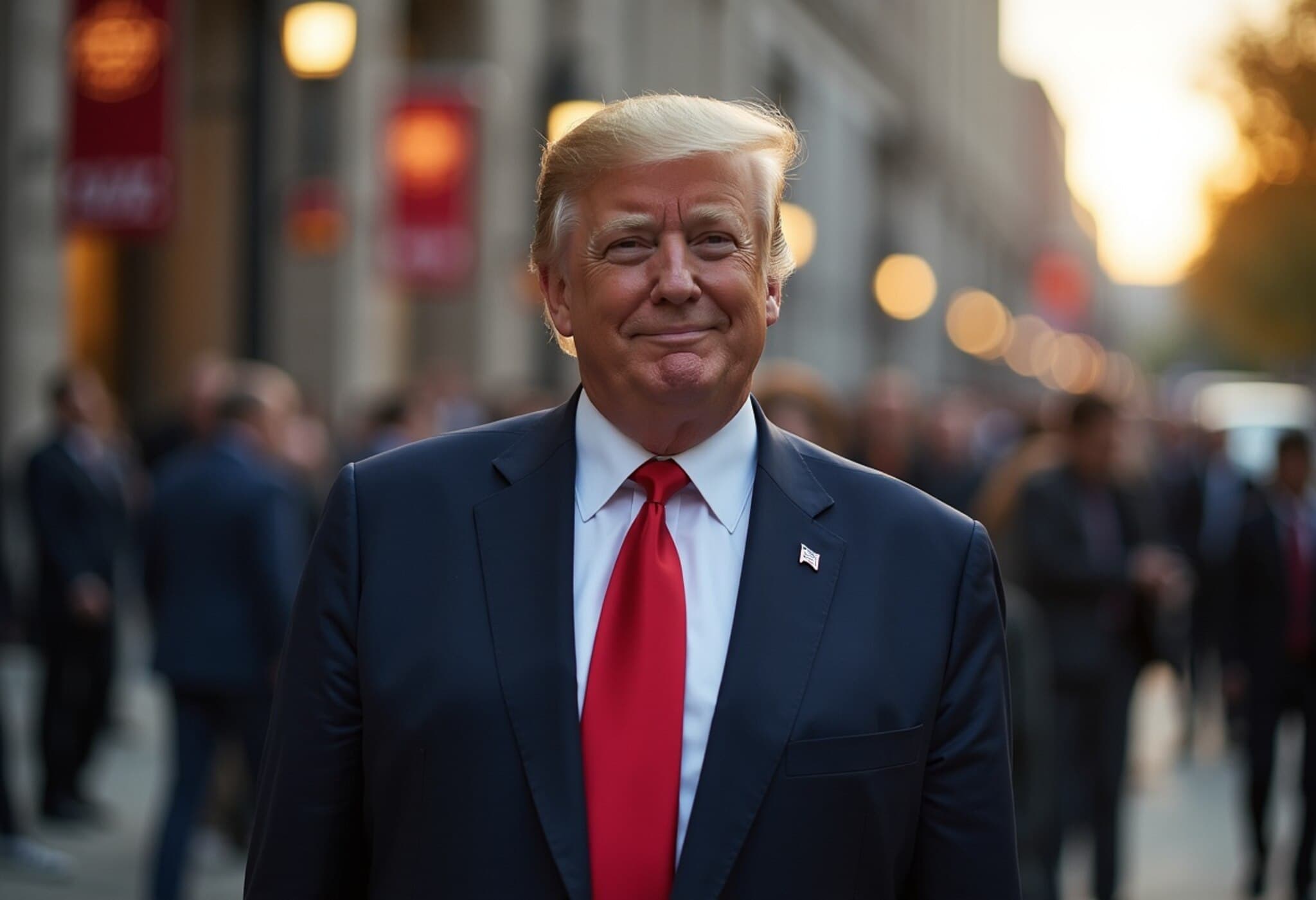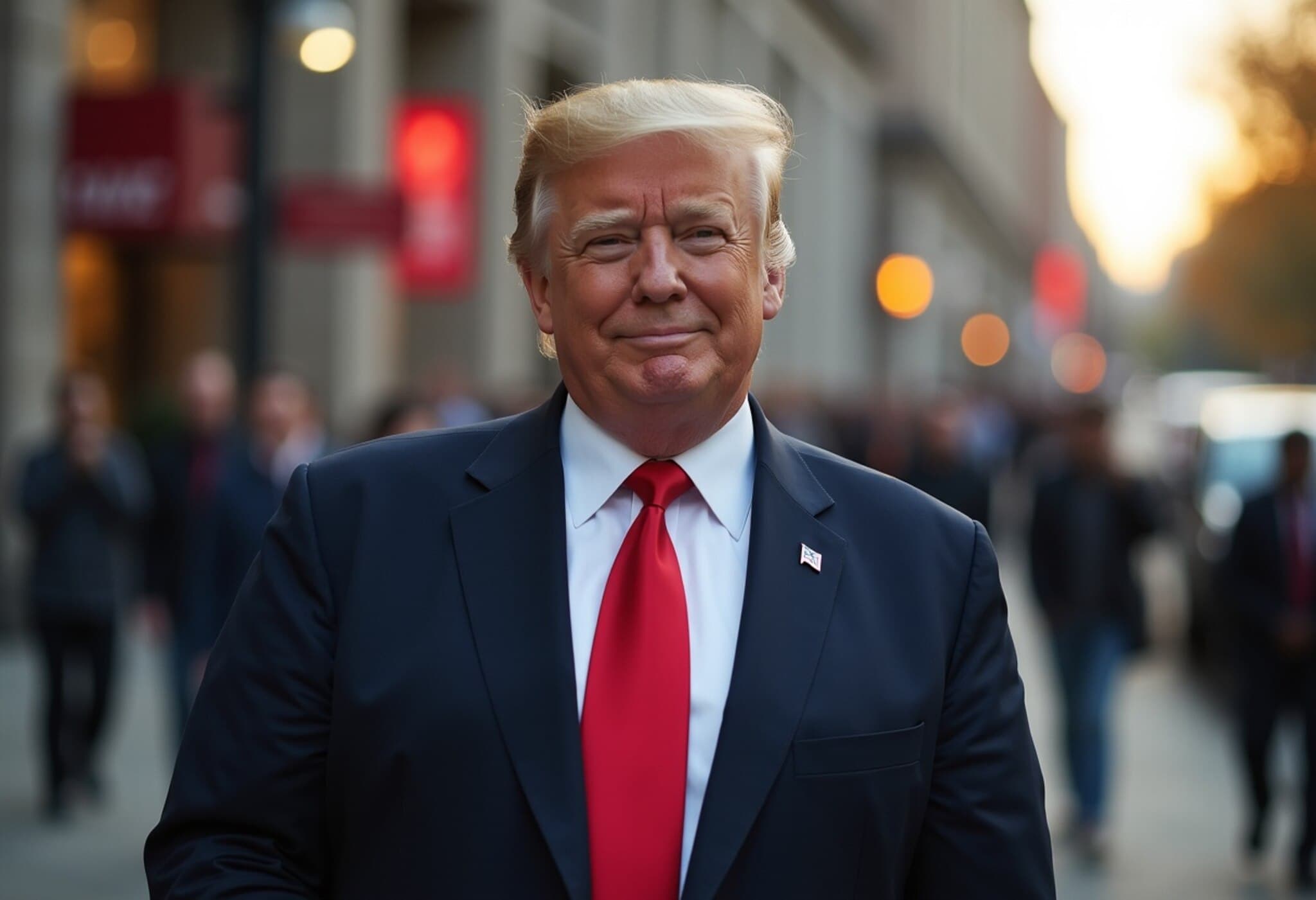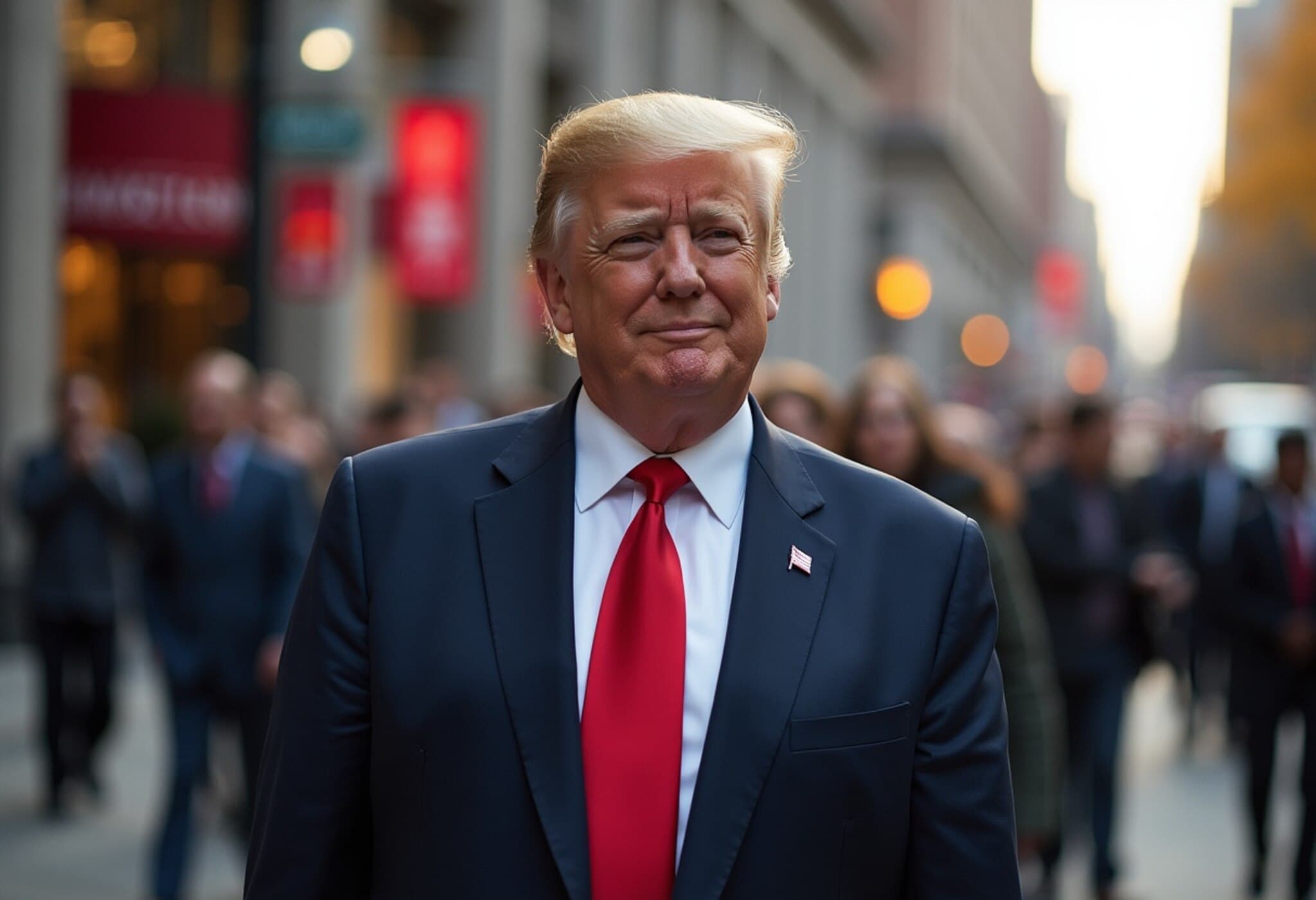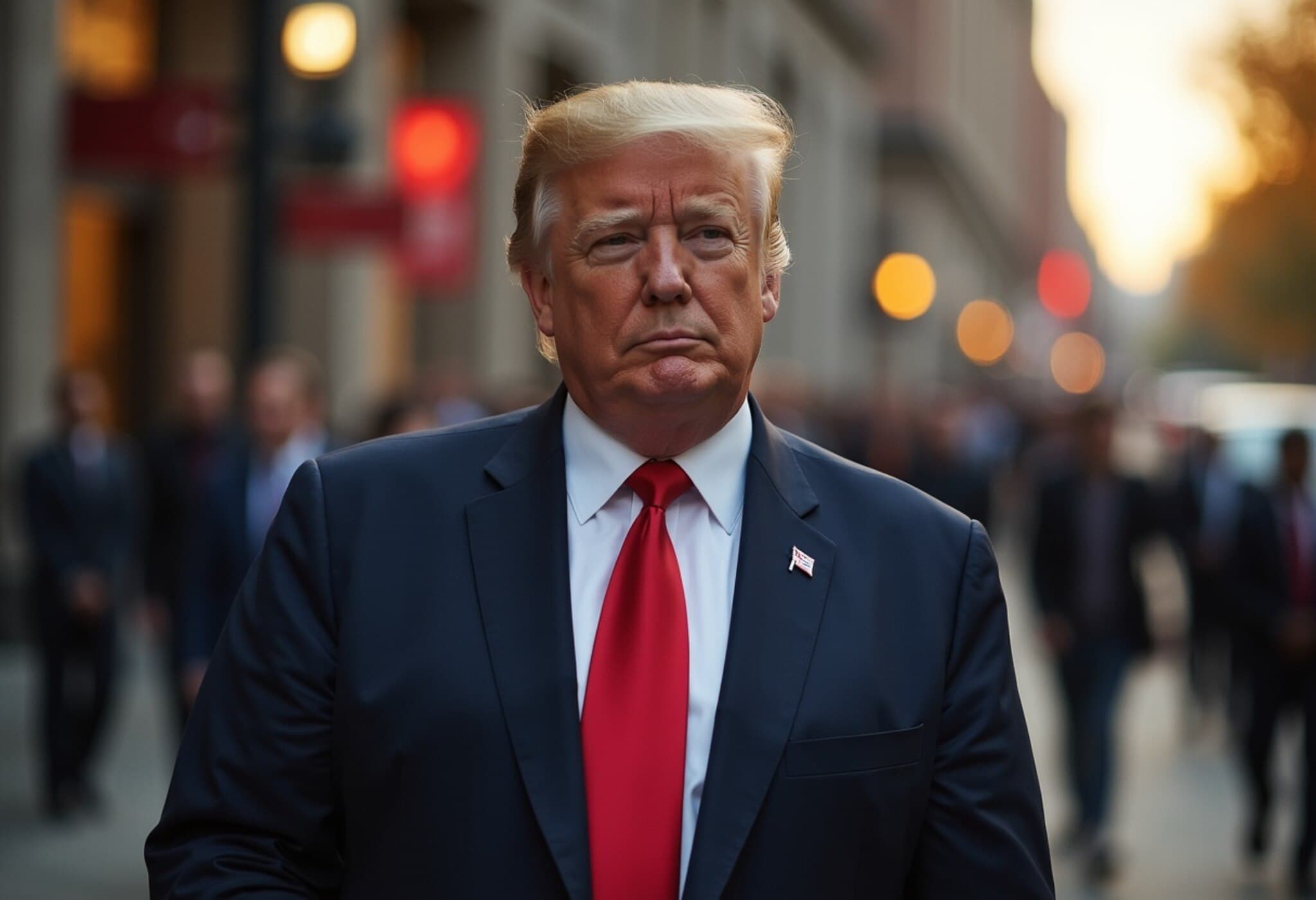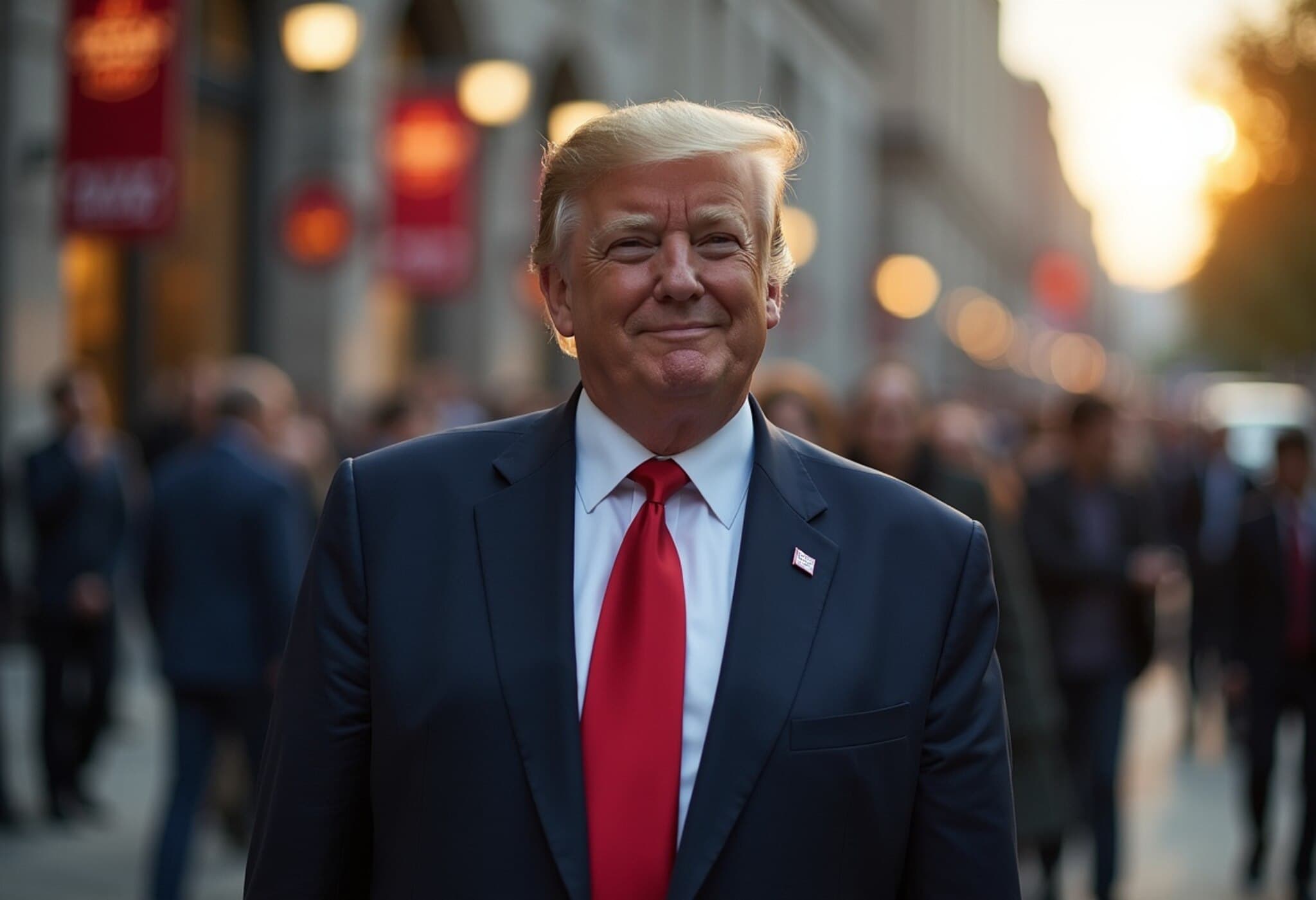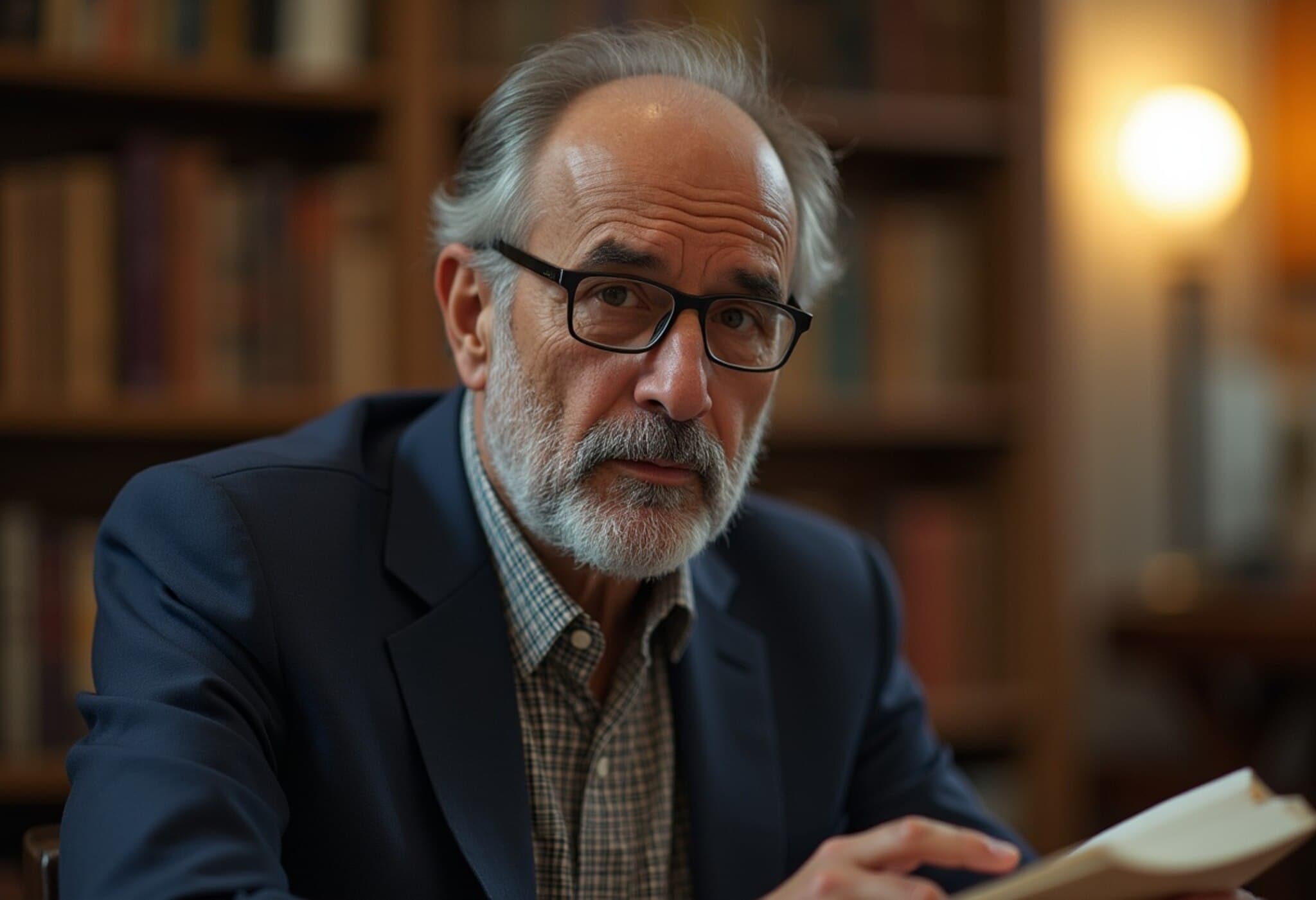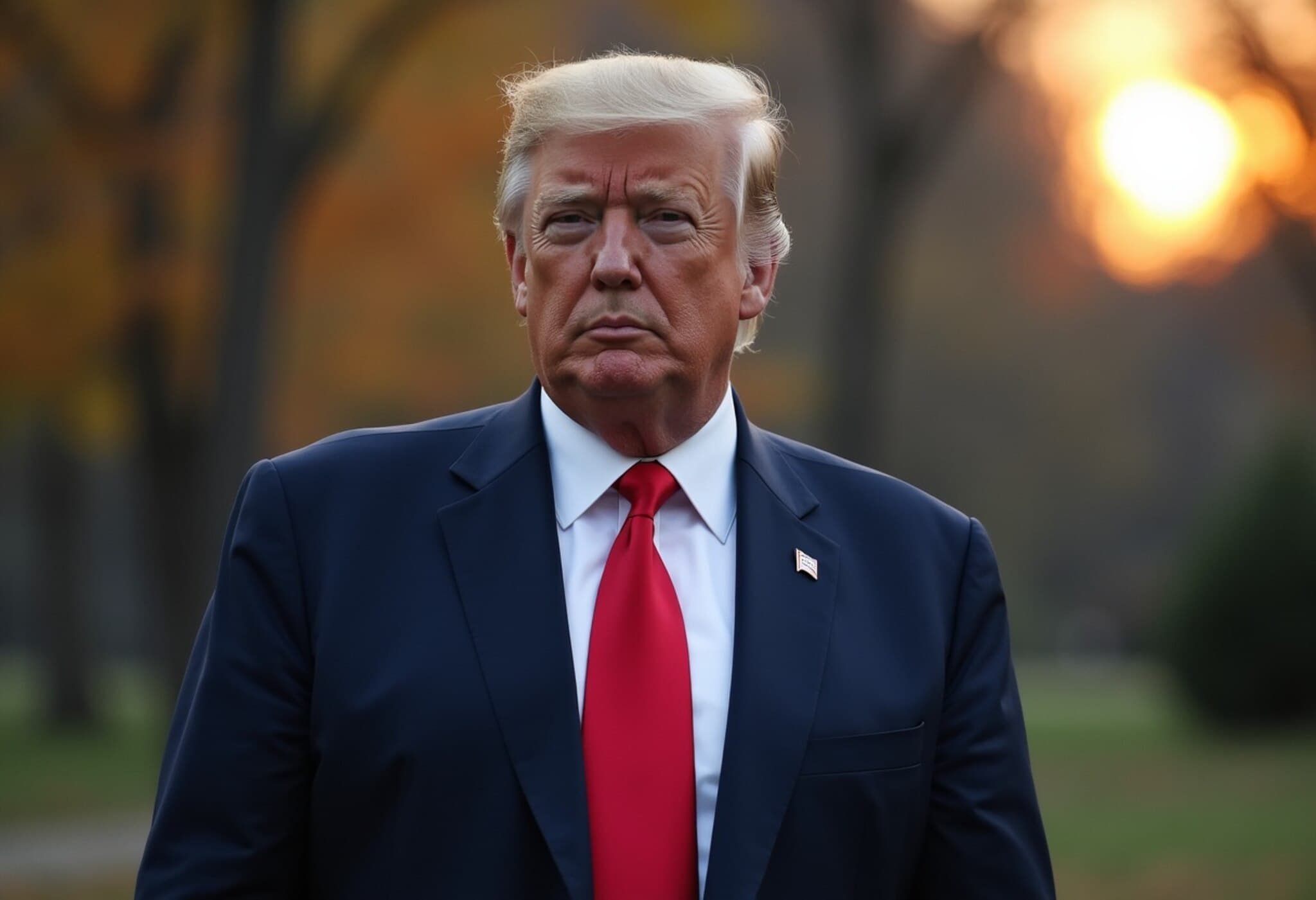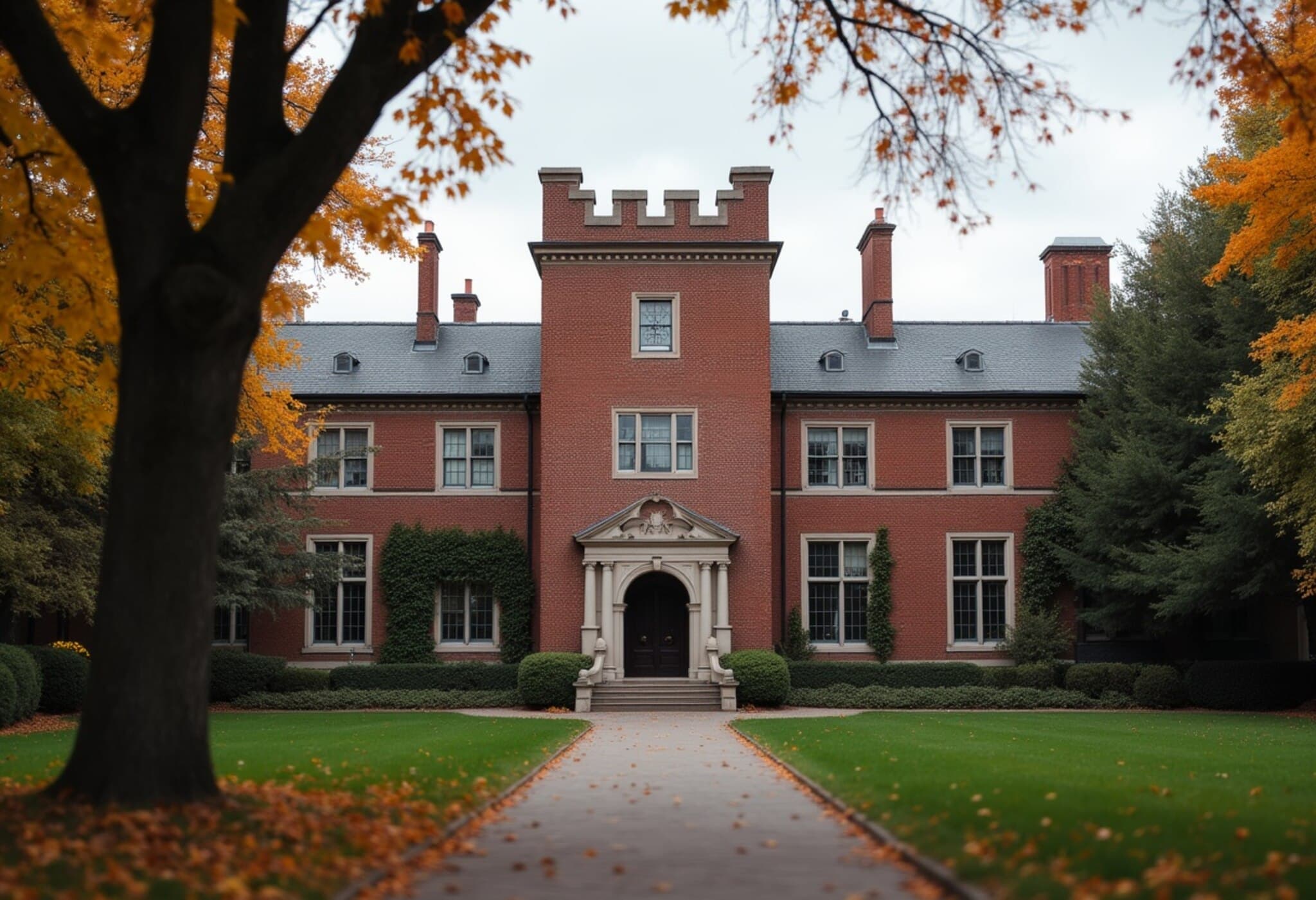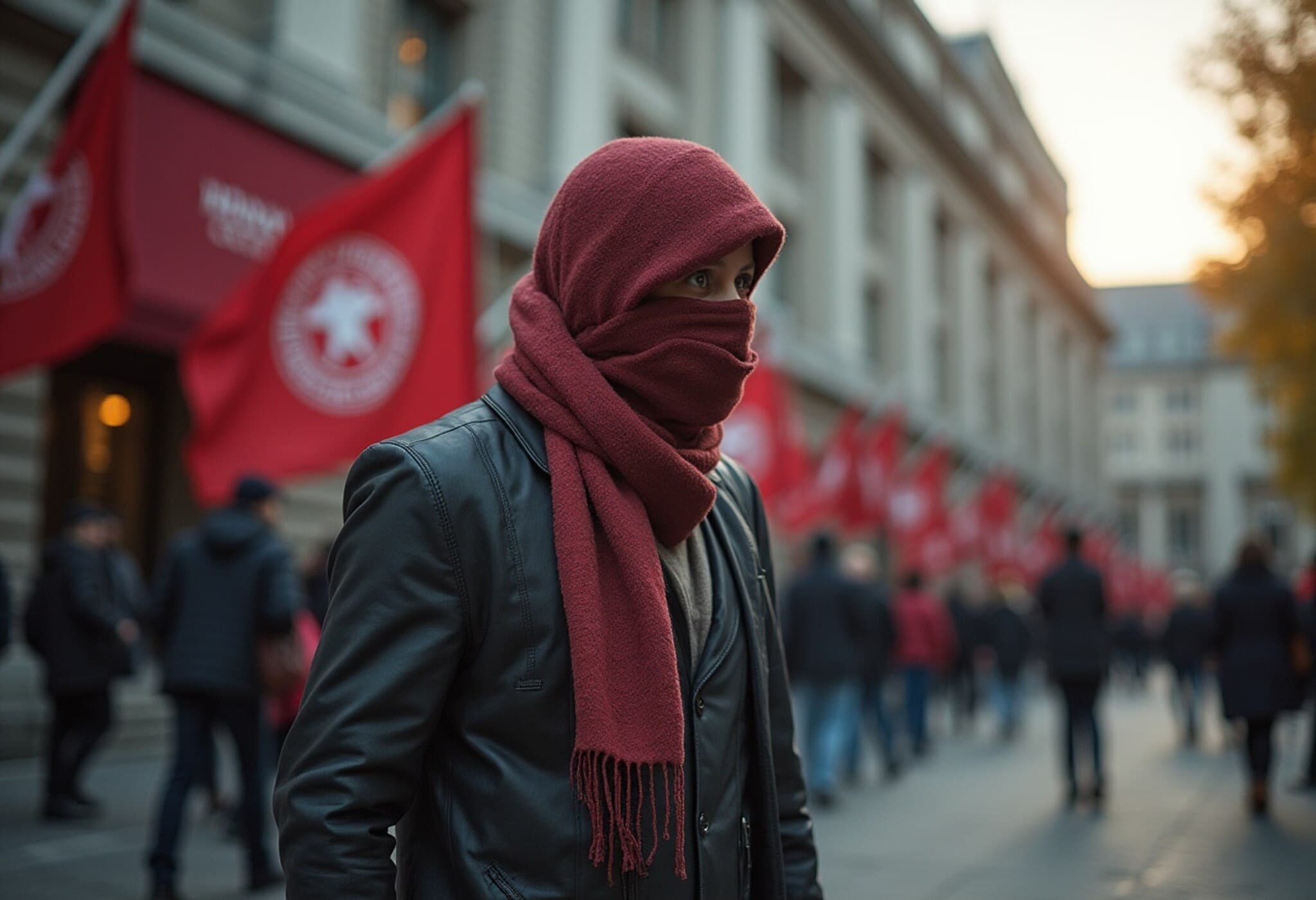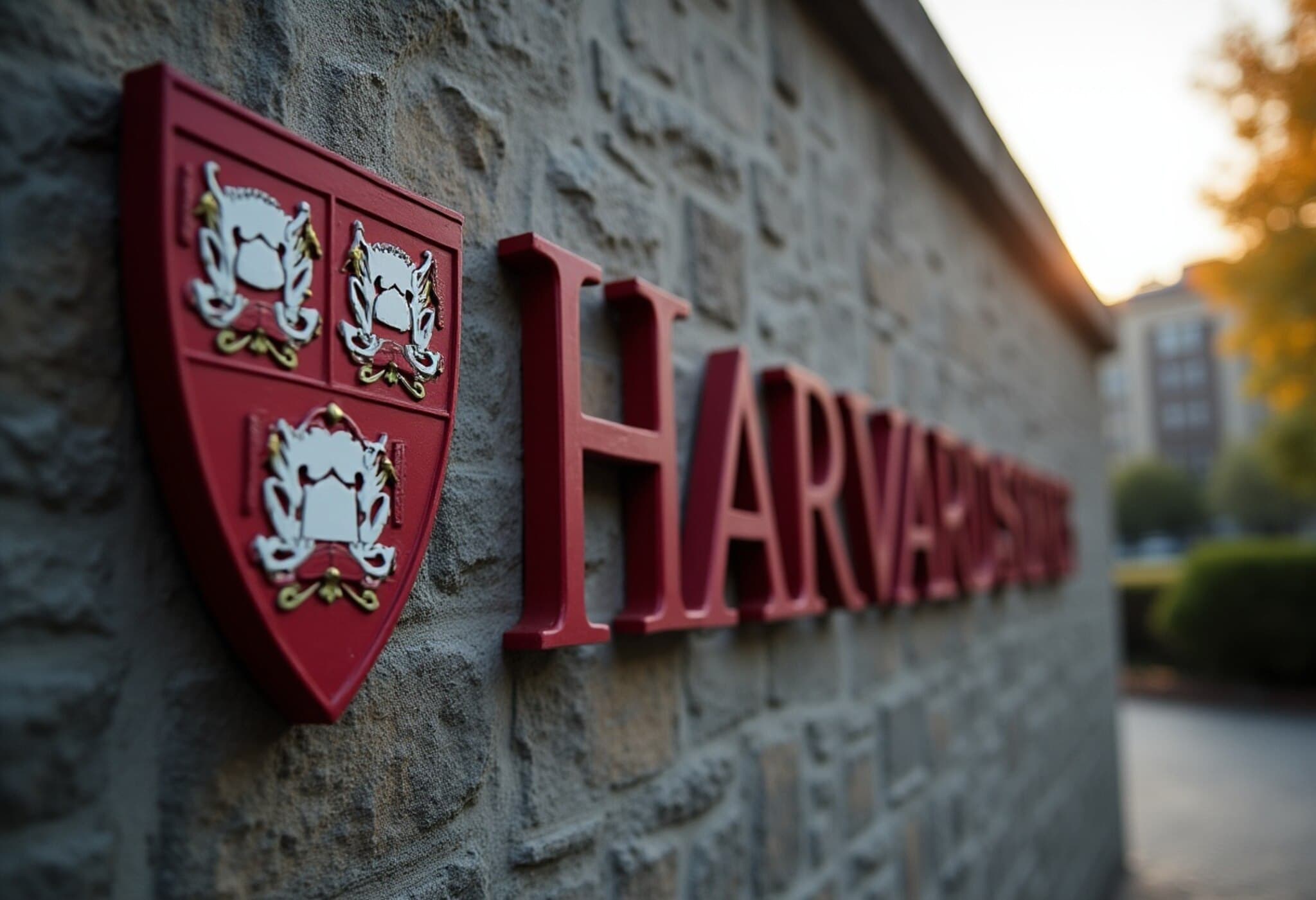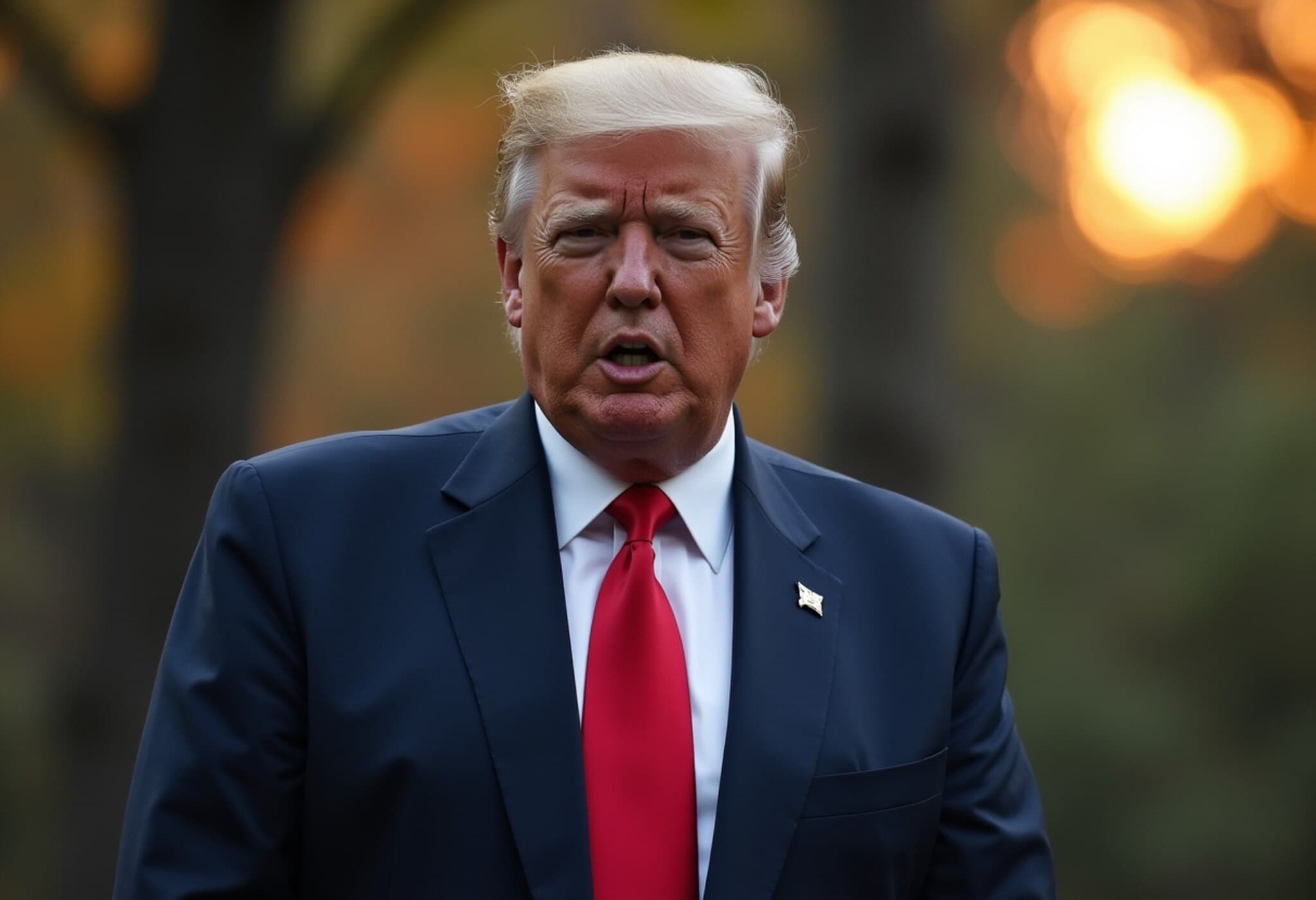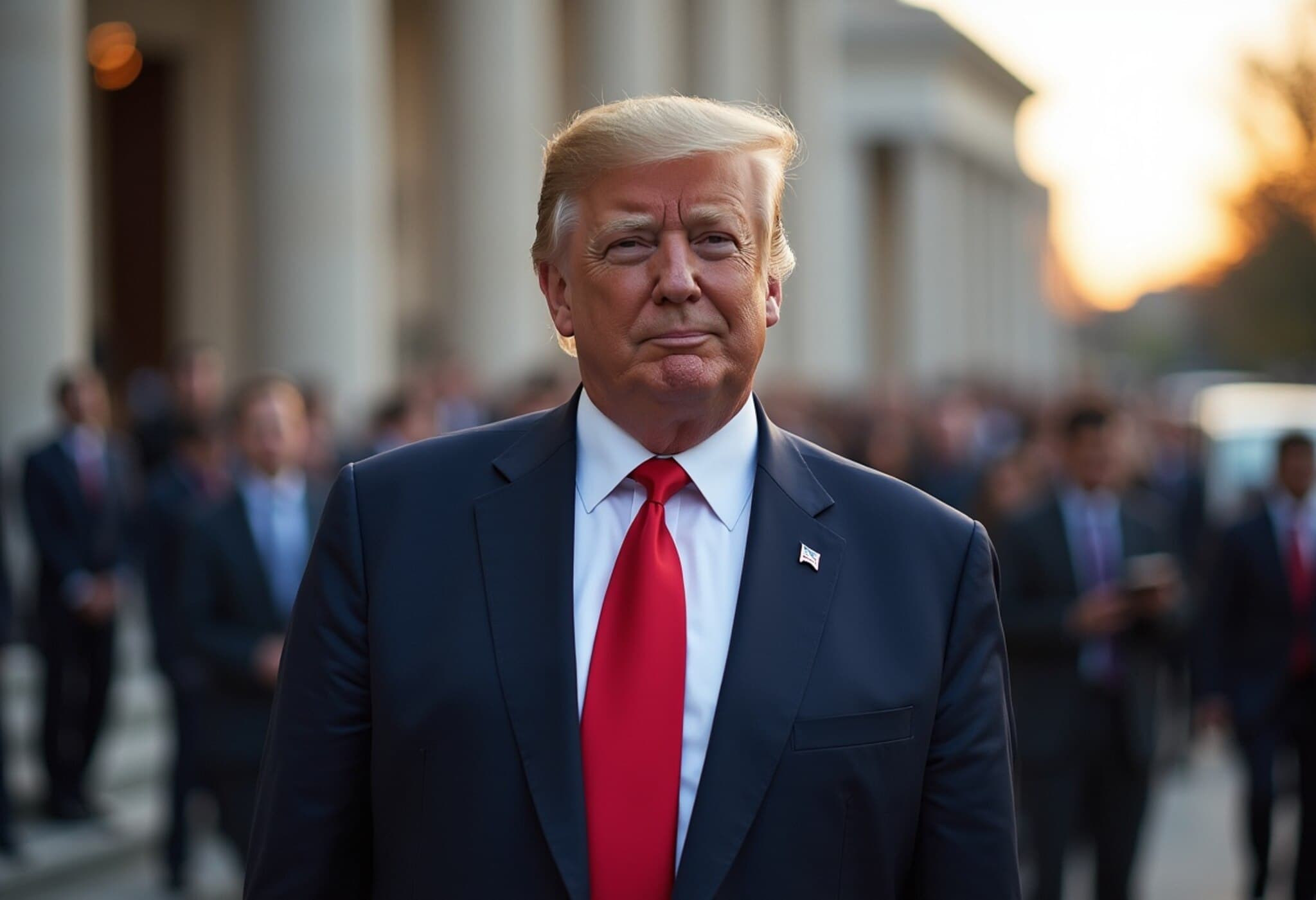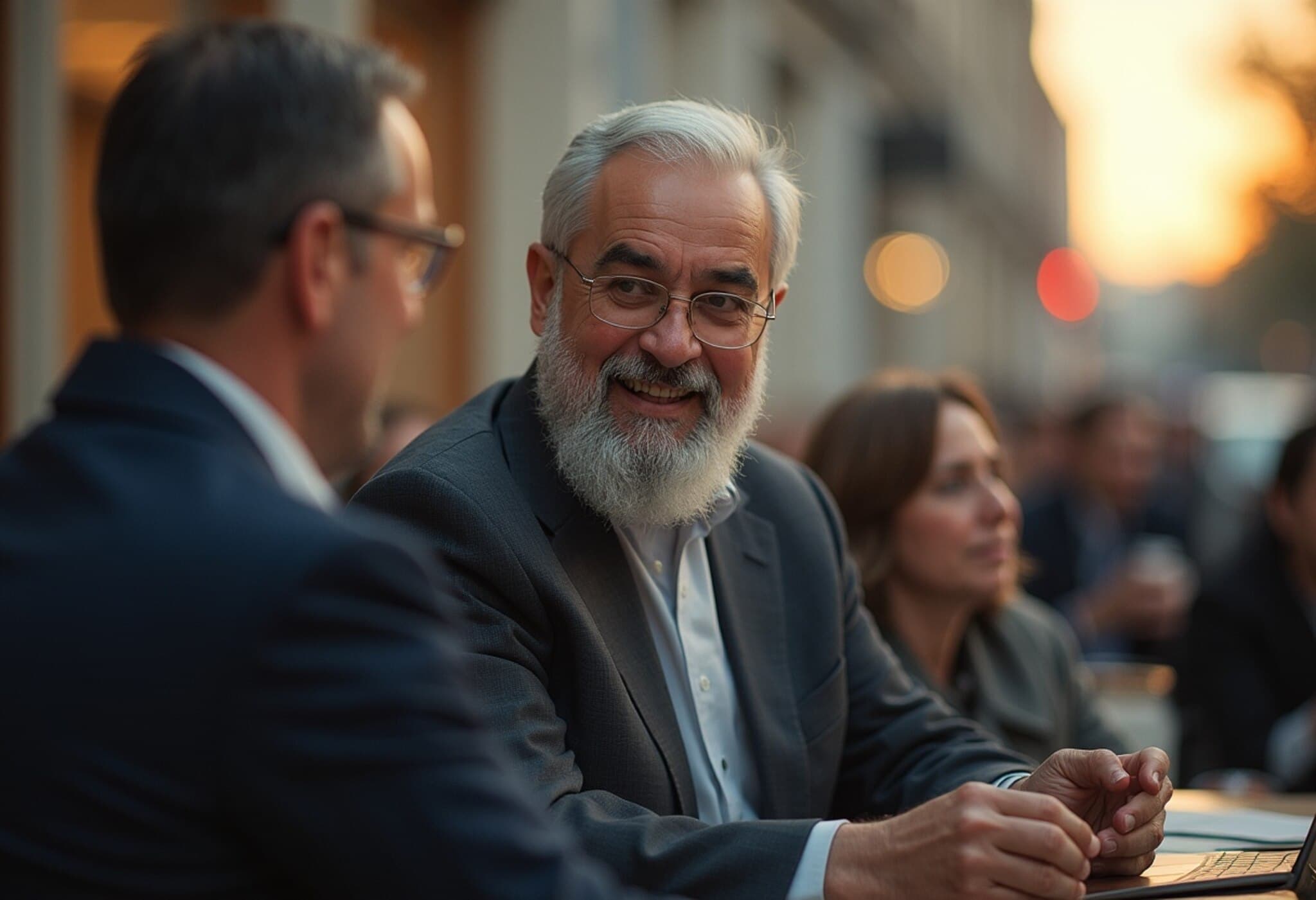Federal Judge Halts Trump-Era Restriction on Harvard's International Students
In a notable legal turnaround, a federal judge has temporarily blocked a recent Trump administration order that aimed to prevent international students from enrolling at Harvard University.
Legal Victory for Academic Freedom
U.S. District Judge Allison Burroughs, based in Boston, issued a preliminary injunction on Monday, stopping the enforcement of a presidential proclamation announced on June 4. This decision safeguards Harvard amid an ongoing clash between the university and the previous administration concerning academic freedom and the presence of international students on campus.
What the Proclamation Entailed
The contested proclamation cited national security worries and sought to bar foreign nationals from enrolling at Harvard or engaging in its exchange visitor programs for a minimum of six months. Additionally, it directed officials including Homeland Security Secretary Kristi Noem and Senator Marco Rubio to explore revoking visas for international students already attending Harvard.
Harvard’s Response: Lawsuits and Defense
Harvard responded decisively, filing two lawsuits against the Trump administration. One targeted the freezing of approximately $2.5 billion in federal funding earlier that year, while the other challenged the attempt to block international students from attending the institution.
Judge Burroughs had previously issued a temporary restraining order on June 5, solidifying protections for Harvard. She emphasized that her recent injunction was designed to preserve the status quo while the court weighs the legal and constitutional questions.
Accusations of Political Retaliation and Censorship
Harvard alleges that these government actions were politically motivated, stemming from the university’s refusal to acquiesce to White House demands related to governance, curriculum, and faculty ideological controls. The university argues that such measures infringe upon its First Amendment rights, particularly freedom of speech.
The dispute escalated when Homeland Security, under Secretary Noem's leadership, revoked Harvard’s certification for student and exchange visitor programs on May 22. Officials accused the university of "fostering violence, antisemitism, and coordinating with the Chinese Communist Party," though no evidence was provided. Judge Burroughs condemned the decision for lacking due process and swiftly blocked it.
Developing Negotiations Amid Campus Tensions
Former President Trump indicated the potential for a negotiated settlement with Harvard "over the next week or so," implying ongoing discussions behind closed doors.
This crackdown emerges amid heightened tensions on U.S. university campuses related to international conflicts, particularly protests over military actions in Gaza. Harvard, along with other institutions, has faced accusations from the White House of tolerating antisemitism. Yet, rights advocates highlight that Islamophobia and anti-Arab discrimination have not been adequately addressed.
In late April, Harvard’s internal task forces on antisemitism and Islamophobia revealed notable levels of fear and discrimination affecting campus life.
The Role of International Students at Harvard
During the previous academic year, nearly 6,800 international students were enrolled at Harvard, constituting about 27 percent of the student population. These students contribute significantly to the university’s diversity and academic excellence.
This decision reflects ongoing tensions and legal debates around immigration, academic freedom, and national security policy within U.S. higher education institutions.

